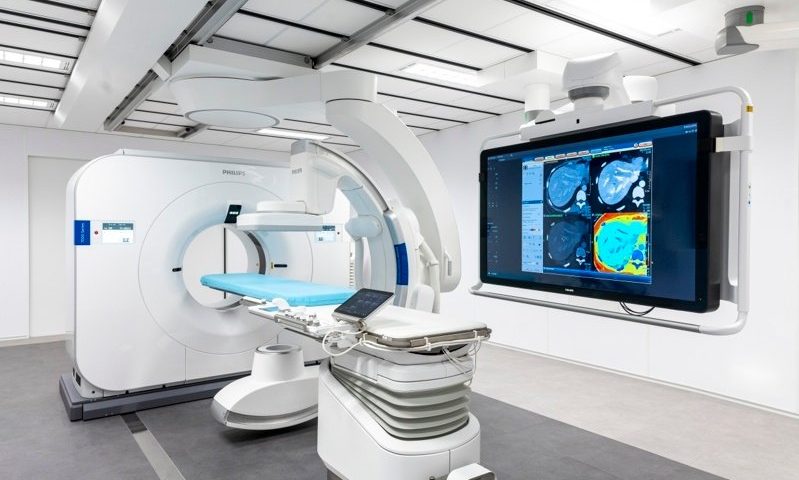Philips is looking to bolster its vascular franchise by absorbing Vesper Medical, maker of stents designed to open up blocked or narrowed veins in the legs.
The Pennsylvania-based company’s Duo system will work alongside the medtech giant’s real-time, interventional imaging hardware and intravascular ultrasound catheters for diagnosing and guiding treatments.
Philips also maintains a portfolio of drug-coated balloons and repair devices for restoring blood flow through limbs affected by peripheral artery disease, including the minimal-metal stent the company acquired in mid-2020 through its $360 million purchase of Intact Vascular.
The total price of the deal for Vesper Medical was not disclosed, and Philips said it expects the transaction to close in the first quarter of 2022.
“Leveraging our significant procedural expertise, we see strong clinical synergies between Vesper Medical’s innovative stenting solution and our existing peripheral vascular offering,” Philips’ general manager of image-guided therapy devices, Senior Vice President Chris Landon, said in a statement.

The deal marks the second tuck-in purchase by a major medtech this month aimed at chronic venous insufficiency. BD recently moved to acquire Venclose, developer of a catheter-based therapy that relies on radiofrequency ablation to shrink and close off unhealthy veins allowing the blood to reroute itself through nearby vessels.
Malfunctioning valves or obstructions within veins can cause blood to pool in the legs, leading to enlarged, twisted and sometimes painful blood vessels and impairing the return of blood flow to the heart. Other complications can include acute deep vein thrombosis or chronic post-thrombotic syndrome, as well as obstructions that aren’t caused by a blood clot, such as veins being compressed by nearby swelling.
Vesper’s modular Duo system includes self-expanding stents that feature changes in the metal weave of its structure, allowing one implant to be stronger in some places and more flexible in others, to help treat a broader range of vein shapes and sizes.

